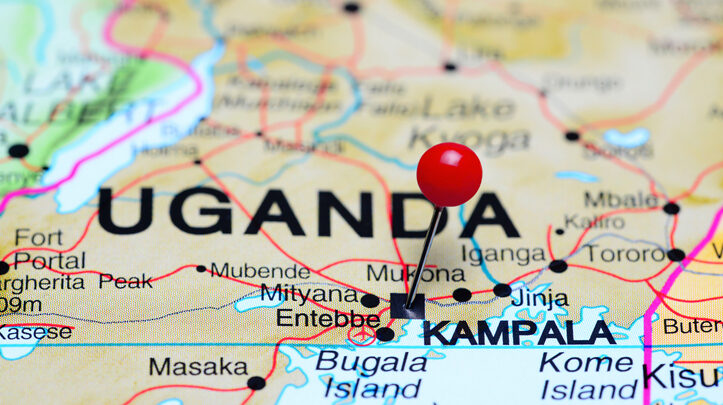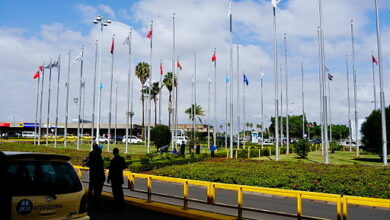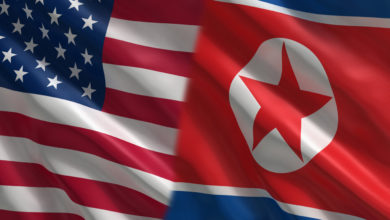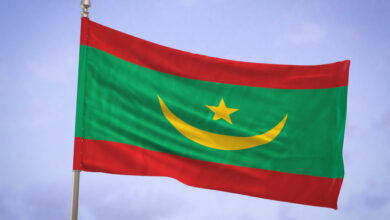World
Uganda Blocks Online Access To Rwanda Newspaper, Just Days After Signing Peace Pact

The Uganda government on Friday said it had blocked online access to Rwanda’s main state-owned newspaper on national security grounds, reported Reuters. The latest development follows the signing of a pact between the two countries two days ago to end tensions that led to the closure of the main border crossing for six months.
Godfrey Mutabazi, executive director at Uganda’s communications regulator, told Reuters that the Uganda Communications Commission (UCC) had ordered all the internet service providers in the country to block access to the New Times website, which has a sizeable audience in the country.
“We have blocked it,” Mutabazi said adding that the newspaper had been identified by a government agency in charge of internal security as “a hostile platform that is likely to cause insecurity in this country.”
According to UCC, the order was issued because the Rwandan paper has continued to publish harmful propaganda against Uganda.
UCC spokesperson, Ibrahim Bbosa, said UCC had directed “internet service providers to block New Times for publishing harmful propaganda that endangers the national security of Uganda.”
“We are engaging the regulator in Rwanda and hope this will be temporary,” Bbosa said.
Currently, an attempt to visit the New Times website from Uganda returns an error.
The Rwandan government is yet to comment on the Ugandan regulator’s decision.
On Wednesday, the presidents of Rwanda and Uganda signed a deal in the Angolan capital in which they agreed to respect each other’s sovereignty, refrain from actions that destabilize the other’s territory and resume cross-border activities as early as possible.
The signing of the agreement was also witnessed by Angola’s President Joao Lourenco, Democratic Republic of Congo’s President Felix Tshisekedi and Congo’s Denis Sassou Nguesso. It currently remains unclear when the main border crossing will actually open.
Uganda’s latest move to block access to the Rwandan newspaper suggests Wednesday’s pact would not yield a quick end to the long-running rivalry between the two countries.






